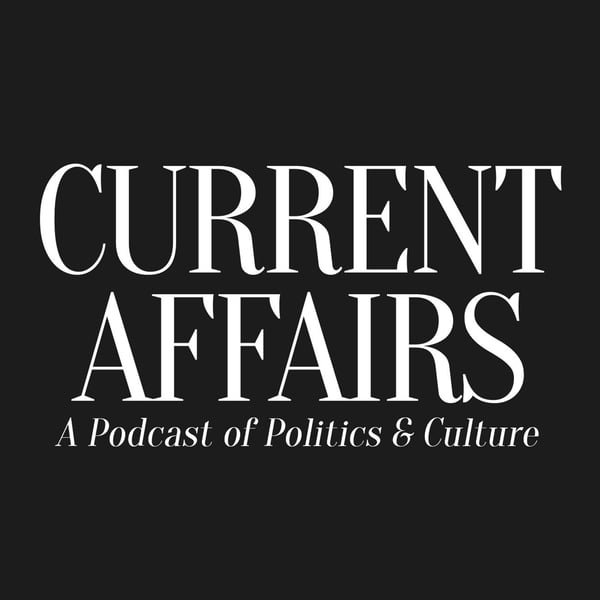Why Are Millennials So Into Astrology?
Current Affairs
Current Affairs
4.4 • 645 Ratings
🗓️ 9 December 2021
⏱️ 47 minutes
🧾️ Download transcript
Summary
Transcript
Click on a timestamp to play from that location
| 0:00.0 | Welcome to Current Affairs. My name is Nathan Robinson. I am the editor-in-chief of Current Affairs |
| 0:09.0 | Magazine, and today we are going to be discussing changes in religious practices, specifically |
| 0:16.3 | among millennials. My guest is Tara Isabella Burton. She is the author of Strange Rights, |
| 0:24.6 | new religions for a godless world, available now from Public Affairs Press and soon to be |
| 0:32.4 | released in paperback. Tara, hello. It is nice to be with you. Oh, thank you so much for having me on. |
| 0:38.8 | I'm a long-time reader, and it's a delight to finally talk. Well, this book is completely fascinating. |
| 0:45.1 | It's very provocative at times, and let's start with the fact that I think a lot of people know |
| 0:54.1 | that religious belief, institutional religious |
| 0:59.6 | practice among millennials and among the zoomers, is on the decline. This is a point that has been |
| 1:08.4 | raised both by the religious right, by the Jerry Falwells of the world, and triumphantly by the Sam Harris's and the secularists of the world. |
| 1:20.4 | And so we all kind of have a sense that, ah, yes, the young people, they're not that into Christianity anymore. |
| 1:27.2 | But what you point out in this book is that it's easy to assume |
| 1:32.3 | that because that is the case, we have a generation of purely secular people |
| 1:39.3 | rising up and that religion is on the decline. |
| 1:47.0 | But the interesting point that your book begins with is that that is not necessarily so, because we shouldn't confuse the decline |
| 1:55.7 | in institutionalized formal religion for a decline in religion as a whole, because when you look at it |
| 2:04.0 | closely, and when you actually start talking to people, it turns out that there are some, |
| 2:10.0 | well, as the title indicates, some strange rights on the rise. |
| 2:15.5 | Yeah, so I think that there's this stereotype that I came across often, particularly when |
| 2:20.5 | I was working as a religion reporter a few years ago for Vox, which is this idea that |
| 2:24.7 | where America is getting less religious, that young people in particular are less religious. |
| 2:31.3 | And often the statistics that are used to support that are the 24% give or take of |
... |
Please login to see the full transcript.
Disclaimer: The podcast and artwork embedded on this page are from Current Affairs, and are the property of its owner and not affiliated with or endorsed by Tapesearch.
Generated transcripts are the property of Current Affairs and are distributed freely under the Fair Use doctrine. Transcripts generated by Tapesearch are not guaranteed to be accurate.
Copyright © Tapesearch 2025.

